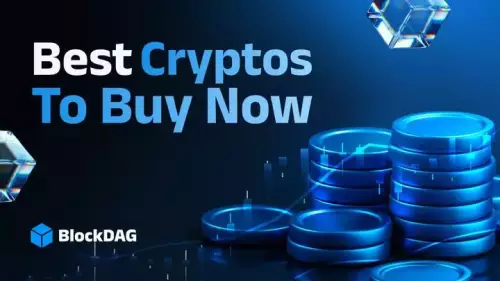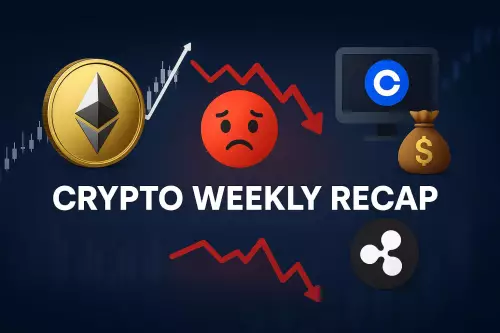 |
|
 |
|
 |
|
 |
|
 |
|
 |
|
 |
|
 |
|
 |
|
 |
|
 |
|
 |
|
 |
|
 |
|
 |
|
암호화폐 뉴스 기사
Movement Labs Raises $100M to Develop Layer 2 Blockchain for Ethereum Based on Facebook's Move Language Virtual Machine
2025/01/09 01:25

Web3 developer Movement Labs, the creator of a layer 2 blockchain for Ethereum that’s powered by Facebook’s Move language virtual machine, is reportedly raising $100 million in a Series B round that will value the company at about $3 billion.
CoinFund and Nova Fund, part of the digital asset arm of London-based investment firm Brevan Howard, will co-lead the round, Fortune and Reuters reported today, citing multiple sources. The company last raised $38 million in a Series A round in April that was led by Polychain Capital, a prominent crypto investment firm, and saw participation from Aptos Labs, an early supporter of the Move programming language.
Founded in 2022, Movement Labs built its blockchain network to solve vulnerabilities and inefficiencies in smart contracts within the Ethereum ecosystem, the second-largest blockchain network by usage and market cap behind only Bitcoin.
The company developed what’s known as a layer 2 blockchain, a type of decentralized digital ledger technology that’s layered atop another blockchain network, in this case Ethereum. It helps process blockchain transactions that power decentralized applications and encounters security and latency issues. By organizing and compressing transactions better and providing superior security, Movement claims it can enable faster and cheaper transactions.
To secure smart contracts, Movement uses Move, a programming language that Facebook, now owned by Meta Platforms Inc. (Nasdaq: META), developed to power its company’s now-defunct Diem blockchain crypto payment project. Smart contracts are self-executing programs that run on blockchain networks and serve as the core of decentralized applications.
With Move and its layer 2 blockchain, Movement claims it can speed up Ethereum to up to 160,000 transactions per second with fees less than a hundredth of a cent.
On average, the Ethereum blockchain can process about 15 transactions per second, a capability that has spurred a vast crop of layer 2 solutions seeking to speed up transaction times more efficiently. Some prime examples include Unichain, a finance-specific solution from decentralized cryptocurrency exchange Uniswap Labs; Blockstream Corp Inc., which raised $210 million last year; Base, a developer-friendly layer 2 from cryptocurrency exchange Coinbase Global Inc. (Nasdaq: COIN); and Polygon, a major Ethereum scaling solution.
Last month, Movement launched its mainnet blockchain in beta mode together with its MOVE token, which now trades on major cryptocurrency exchanges, including Binance and Coinbase. According to data from CoinGecko, the token’s market cap once peaked at $2.7 billion but has since declined to about $2 billion.
A message from John Furrier, co-founder of SiliconANGLE:
Your vote of support is important to us and it helps us keep the content FREE.
One click below supports our mission to provide free, deep, and relevant content.
Join our community on YouTube
Join the community that includes more than 15,000 #CubeAlumni experts, including Amazon.com CEO Andy Jassy, Dell Technologies founder and CEO Michael Dell, Intel CEO Pat Gelsinger, and many more luminaries and experts.
THANK YOU
부인 성명:info@kdj.com
제공된 정보는 거래 조언이 아닙니다. kdj.com은 이 기사에 제공된 정보를 기반으로 이루어진 투자에 대해 어떠한 책임도 지지 않습니다. 암호화폐는 변동성이 매우 높으므로 철저한 조사 후 신중하게 투자하는 것이 좋습니다!
본 웹사이트에 사용된 내용이 귀하의 저작권을 침해한다고 판단되는 경우, 즉시 당사(info@kdj.com)로 연락주시면 즉시 삭제하도록 하겠습니다.



















![[4K 60fps] Astral by oc3andark (1 코인) [4K 60fps] Astral by oc3andark (1 코인)](/uploads/2025/10/19/cryptocurrencies-news/videos/k-fps-astral-ocandark-coin/68f438453fa33_image_500_375.webp)










































